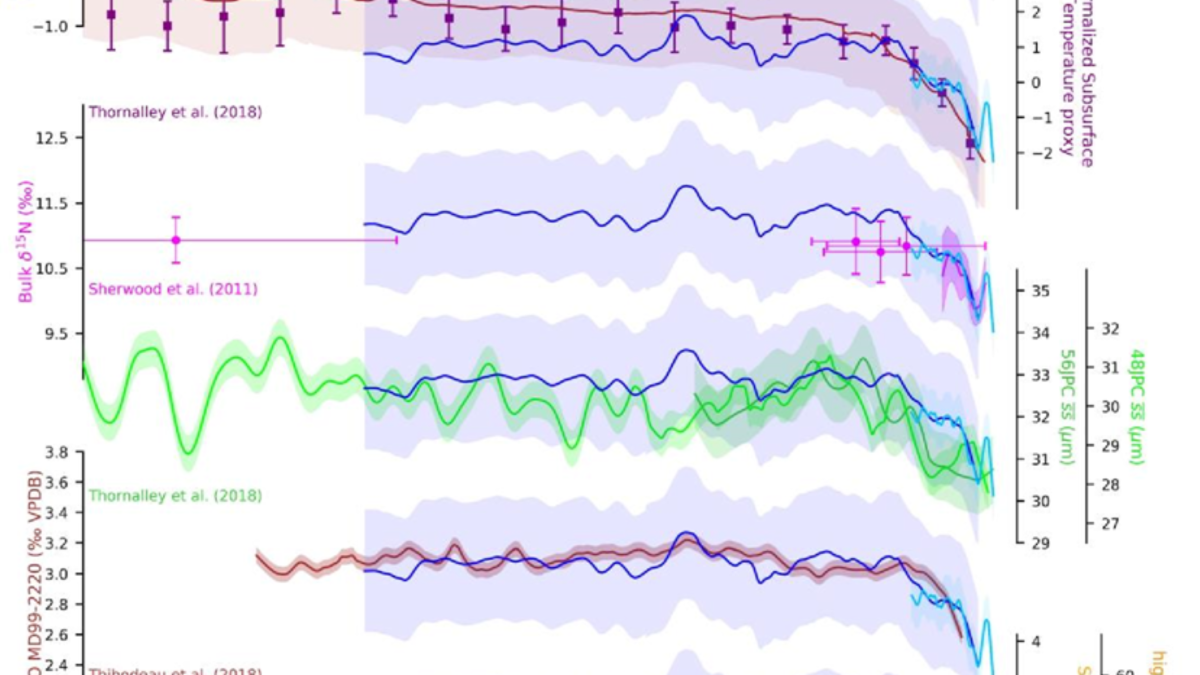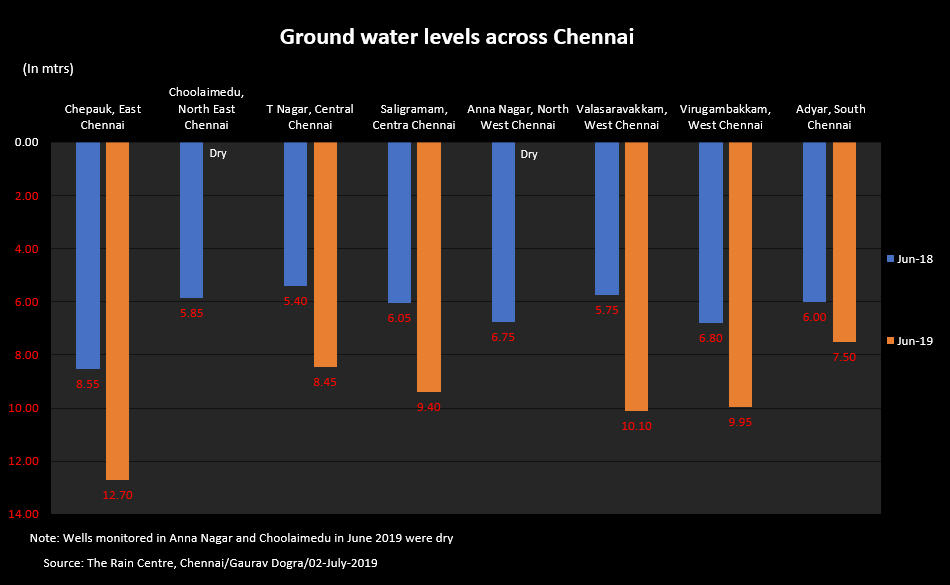The 2023 Earth Overshoot Day lands on August 2 – Trend is flattening but still far from reversing – “Persistent overshoot leads to ever more prominent symptoms including unusual heat waves, forest fires, droughts, and floods, with the risk of compromising food production”

GENEVA, SWITZERLAND, 5 June 2023 – August 2nd marks this year’s Earth Overshoot Day, according to the latest National Footprint and Biocapacity Accounts. They now track countries’ performance up to 2022, reducing reporting lag by three years. However, Earth Overshoot Day’s apparent delay by five days compared to last year’s isn’t all good news, as genuine advancements amount to less than one day. The remaining four days are owed to integrating improved datasets into the accounts’ new edition.
Independently maintained and enhanced by FoDaFo and York University, the National Footprint and Biocapacity Accounts provide robust, transparent results. For every edition, results, including the annual dates of Earth Overshoot Day, are recalculated back to 1961, ensuring consistency across time and countries.
For the last 5 years the trend has flattened. How much of this is driven by economic slow-down or deliberate decarbonization efforts is difficult to discern. Still, overshoot reduction is far too slow. To reach the UN’s IPCC target of reducing carbon emissions 43% worldwide by 2030 compared to 2010 would require moving Earth Overshoot Day 19 days annually for the next seven years.
This year’s Earth Overshoot Day will be marked together with the Republic of Slovenia. “Overshoot is a threat to Slovenia’s long-term success. Therefore, Slovenia adopted an Ecological Footprint reduction target and collaborates with organizations like Global Footprint Network to achieve this,” said Bojan Kumer, Slovenia’s Minister of the Environment, Climate and Energy.
Global Footprint Network CEO Steven Tebbe warns that “persistent overshoot leads to ever more prominent symptoms including unusual heat waves, forest fires, droughts, and floods, with the risk of compromising food production. This underscores the interest for cities, countries, and business entities to foster their own resource security if they want to prosper. The world would benefit as well.”
Solutions to reverse ecological overshoot and bolster biological regeneration are at our disposal. The Power of Possibility platform showcases a wealth of commercial technologies, governmental strategies, public policies, and best practices from civic initiatives and academia.
Simple changes could #MoveTheDate of Earth Overshoot Day significantly: Increasing global low-carbon electricity sources from 39% to 75% would move it by 26 days, halving food waste would gain 13 days, and tree intercropping would earn an extra 2.1 days.


